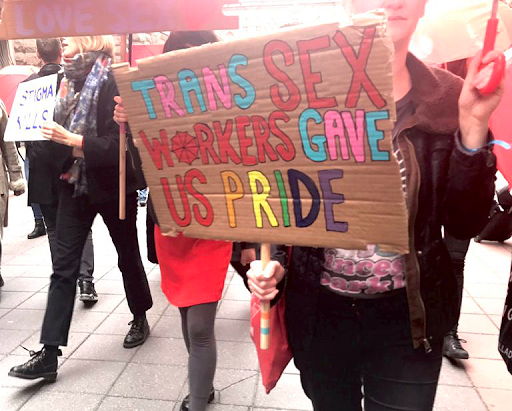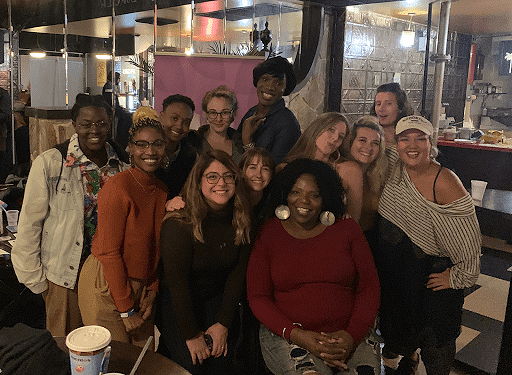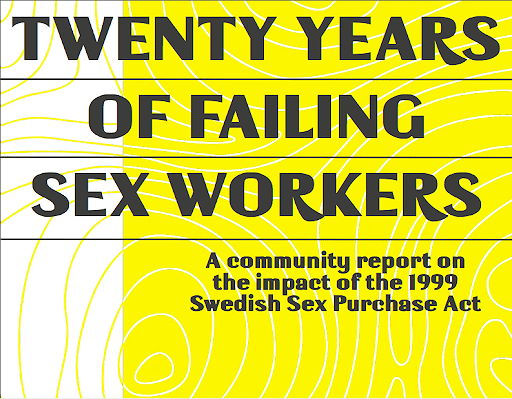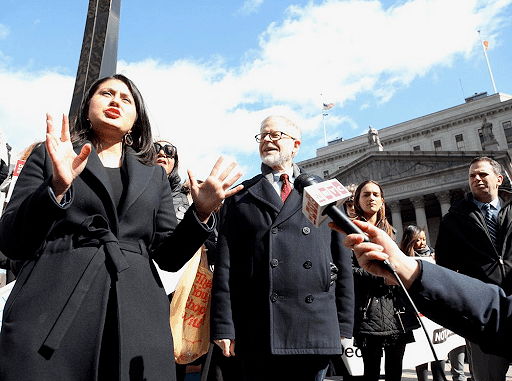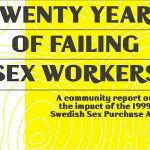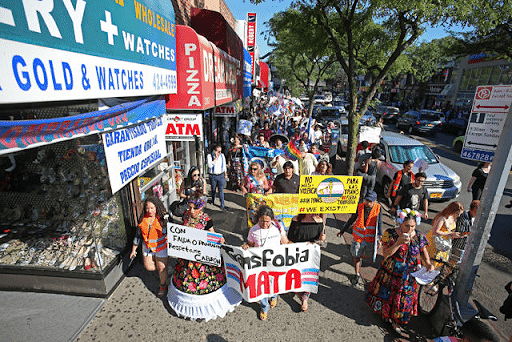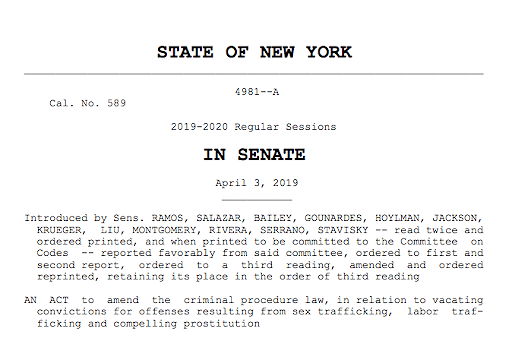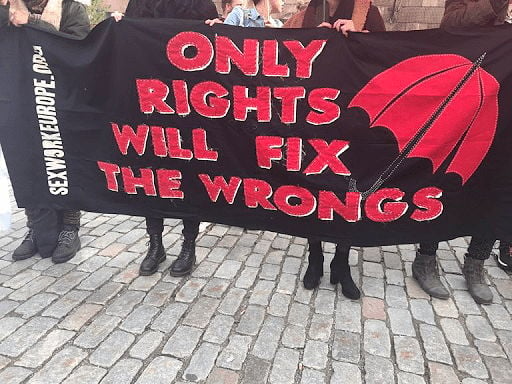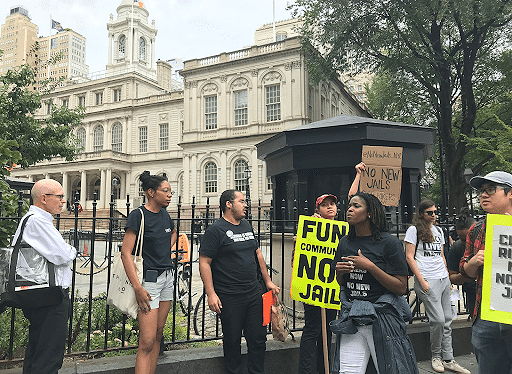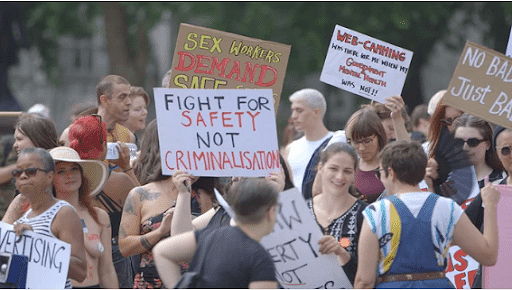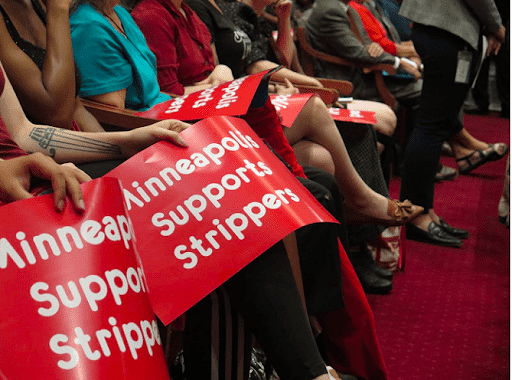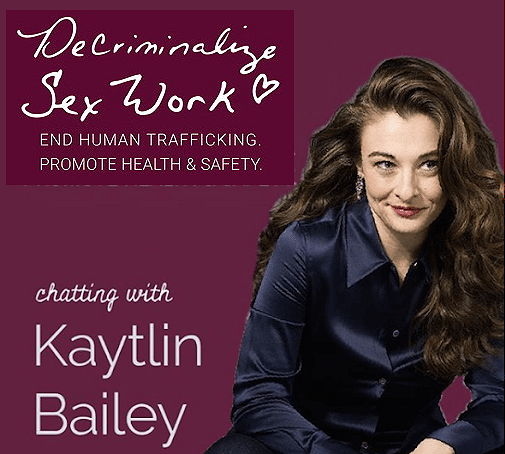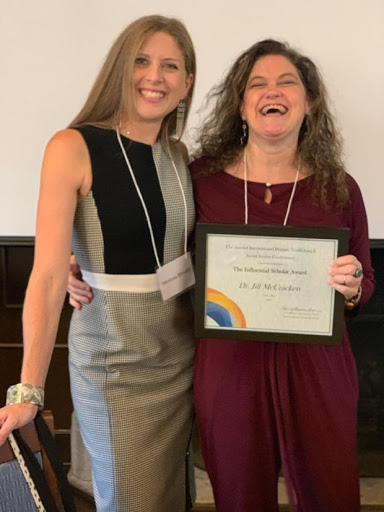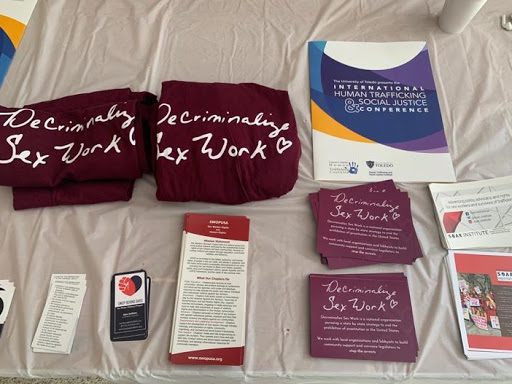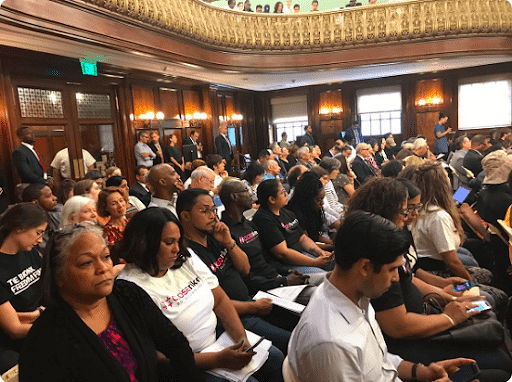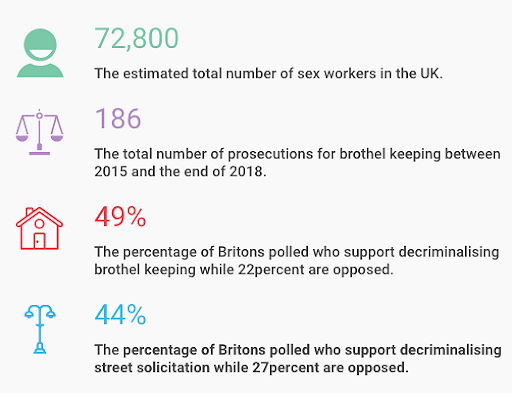October 17, 2019
The District of Columbia City Council held a hearing on the Community Safety and Health Act of 2019 (Bill 23-0318), which would decriminalize sex work in the nation’s capital. This would-be historic measure addresses health risks, violence against women, and human trafficking in Washington, D.C. DSW Communications Director Kaytlin Bailey testified at the 14-hour hearing along with more than 180 other witnesses. Kaytlin spoke of her own experiences as a sex worker and how decriminalization might have provided her protection from violence and abuse. DSW General Counsel Melissa Broudo submitted expert written testimony to the Council. Though no official count was taken, an informal count by the Washington Globe showed a small majority of witnesses were in support of the legislation.
The Community Health and Safety Act was proposed earlier this year by Councilmember David Grosso, with the support of three colleagues. The bill removes criminal penalties for the buying and selling of sex. It does not create new regulations for sex work, nor does it create red-light districts in the capital. Coercion, human trafficking, and any involvement of minors in the sex trade would remain illegal. These violent crimes are nearly impossible to detect in an environment where sex workers and their communities are unable to contact the police because they are criminalized. Grosso sees the legislation as a small but essential measure to protect D.C.’s vulnerable populations. He rejects “putting people in jail simply [for] trying to make it in this world” (DCist, 2019).
Some organizations used the hearing as an opportunity to condemn the decriminalization of sex work based on the claim that this bill would encourage trafficking in D.C. They suggested this effort would increase violence and exploitation against women and children. Studies show the opposite is true. Current laws push sex workers into the shadows, making it impossible for consensual sex workers or victims of trafficking to report crimes committed against them. Criminalization of consensual adult sex work costs the U.S. millions of dollars every year. That money should be spent on protecting survivors and pursuing violent criminals. Theft, assault, and trafficking of vulnerable working-class people go unpunished. Organizations who profit from the conflation of prostitution and trafficking are ignoring the voices of sex workers, researchers, and human rights organizations.
No vote is currently planned for the Community Safety and Health Act, despite local support. Early in October, a coalition of LGBTQ activists and advocates delivered a letter to the Council stating: “the decriminalization of sex work in D.C. is critical to the health and wellbeing of the LGBTQ community.” Over 70 organizations signed the letter supporting the Community Health and Safety Act. (DCist, 2019)
Those who engage in consensual, adult sex work are constituents and community members. They deserve protection. You can help hardworking activists and allies bring this bill to a vote. If you live in D.C., please reach out to your Council member or representative to show your support. You can also send a letter of endorsement by filling out a form on DSW’s Take Action page.
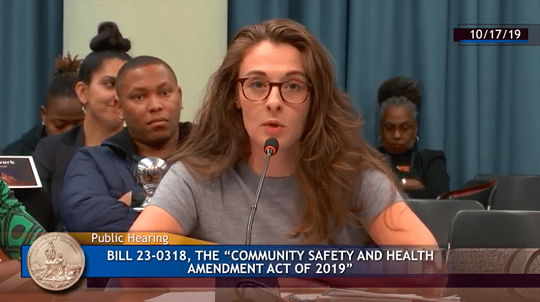
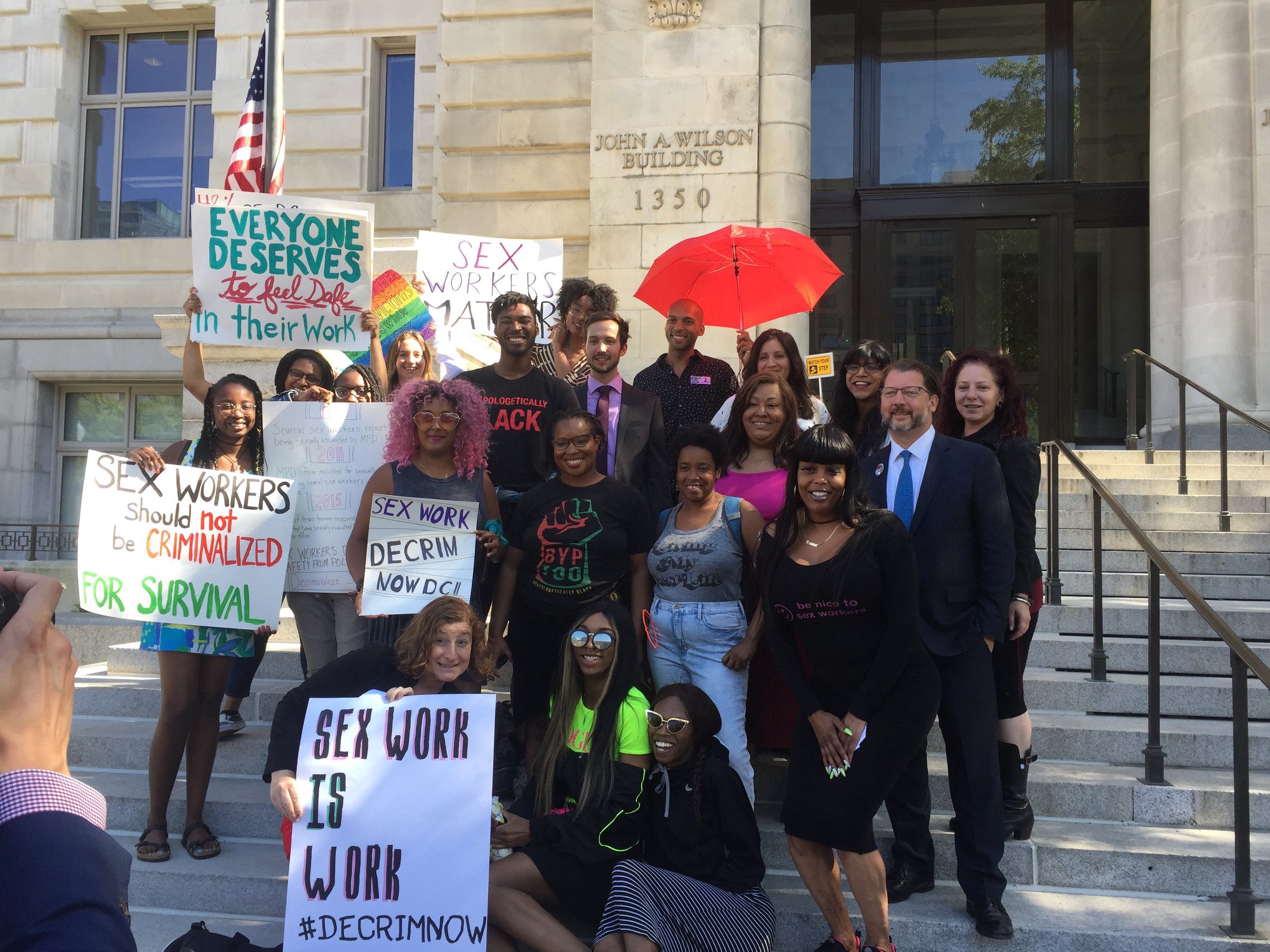
Members of the Sex Workers Advocates Coalition pose with Councilmember David Grosso (I) at the press conference after the introduction of the Community Safety and Health Act on June 3. (Photo: HIPS DC, 2019)

Many international human rights organizations support the full decriminalization of sex work, including Amnesty International, the Human Rights Campaign, and the World Health Organization. Carmarion Anderson, Human Rights Campaign’s Alabama State Director, pictured here with HRC colleague, testified at the hearing in support of the bill. (Photo: HRC, 2019)
DSW Newsletter #8 (November 2019)
No Vote Planned for Decrim Bill in D.C.

DSW Presents at the American Public Health Association Expo
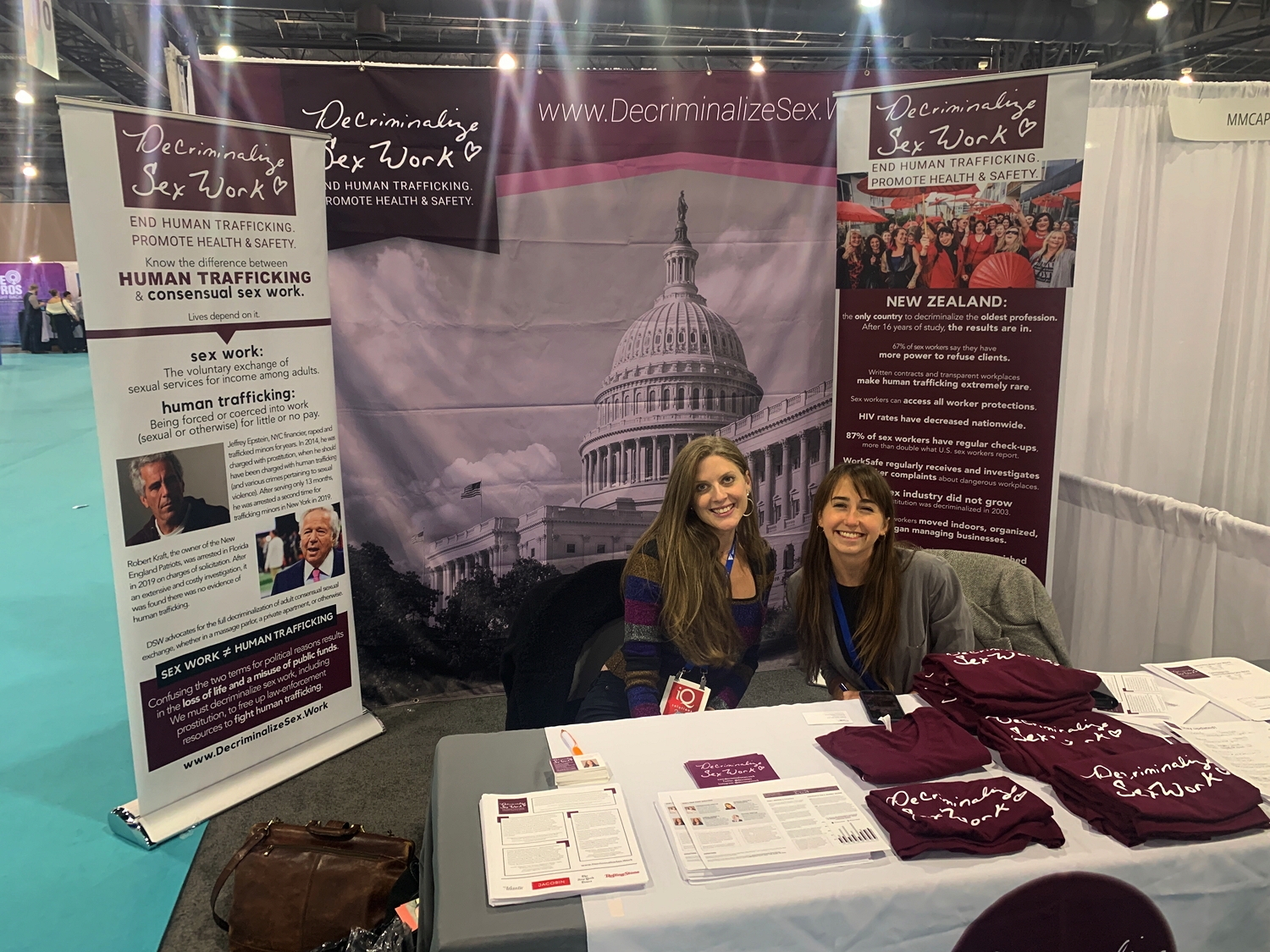
DSW and Allies Gear Up for Legislative Session in Rhode Island
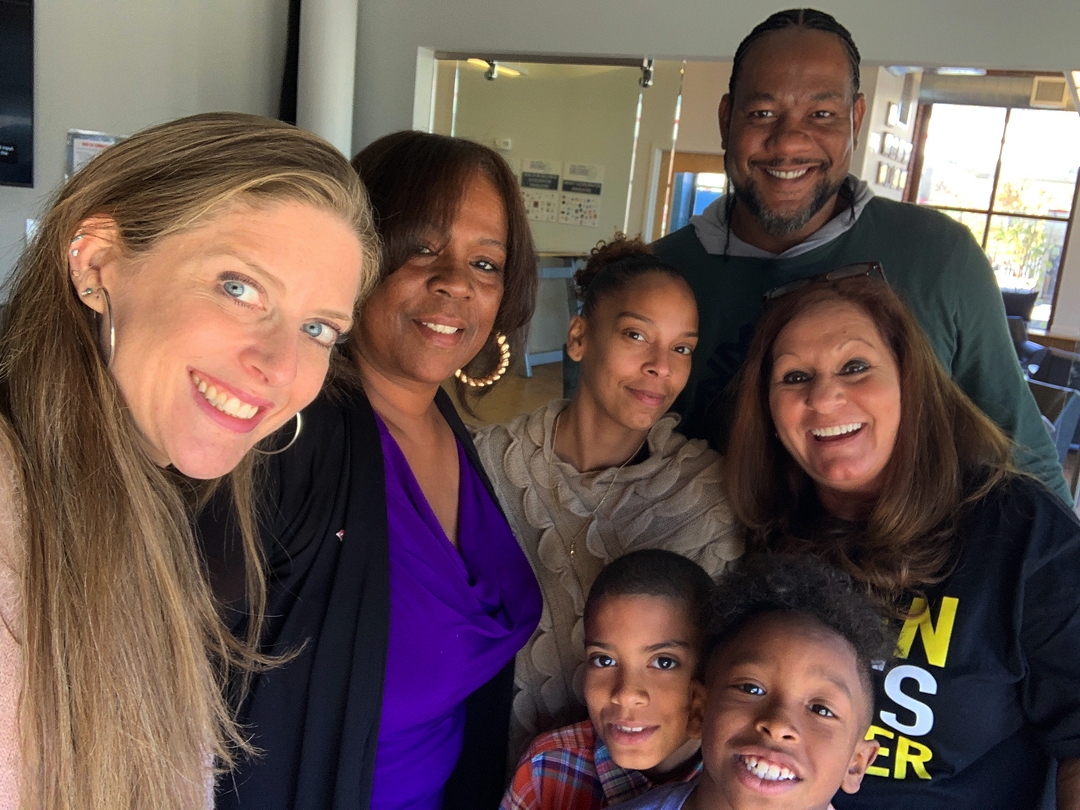
Mexico City Lawmakers Propose Plans To Regulate Sex Work, but Local Activists Aren’t Convinced
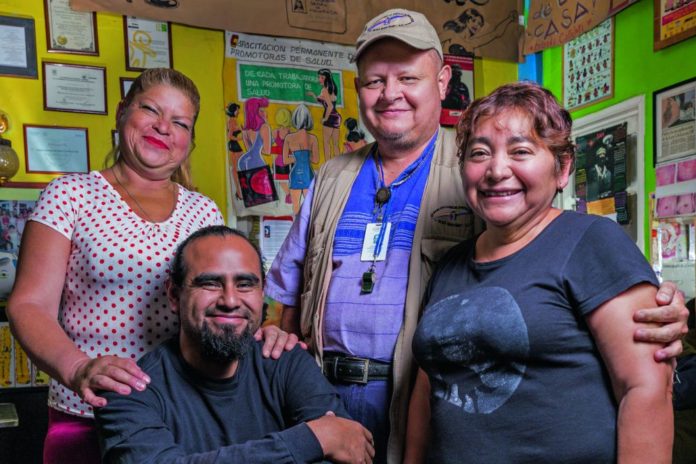
DSW Joins NYC Activists To Educate the Next Generation of Social-Justice Lawyers on Decriminalization
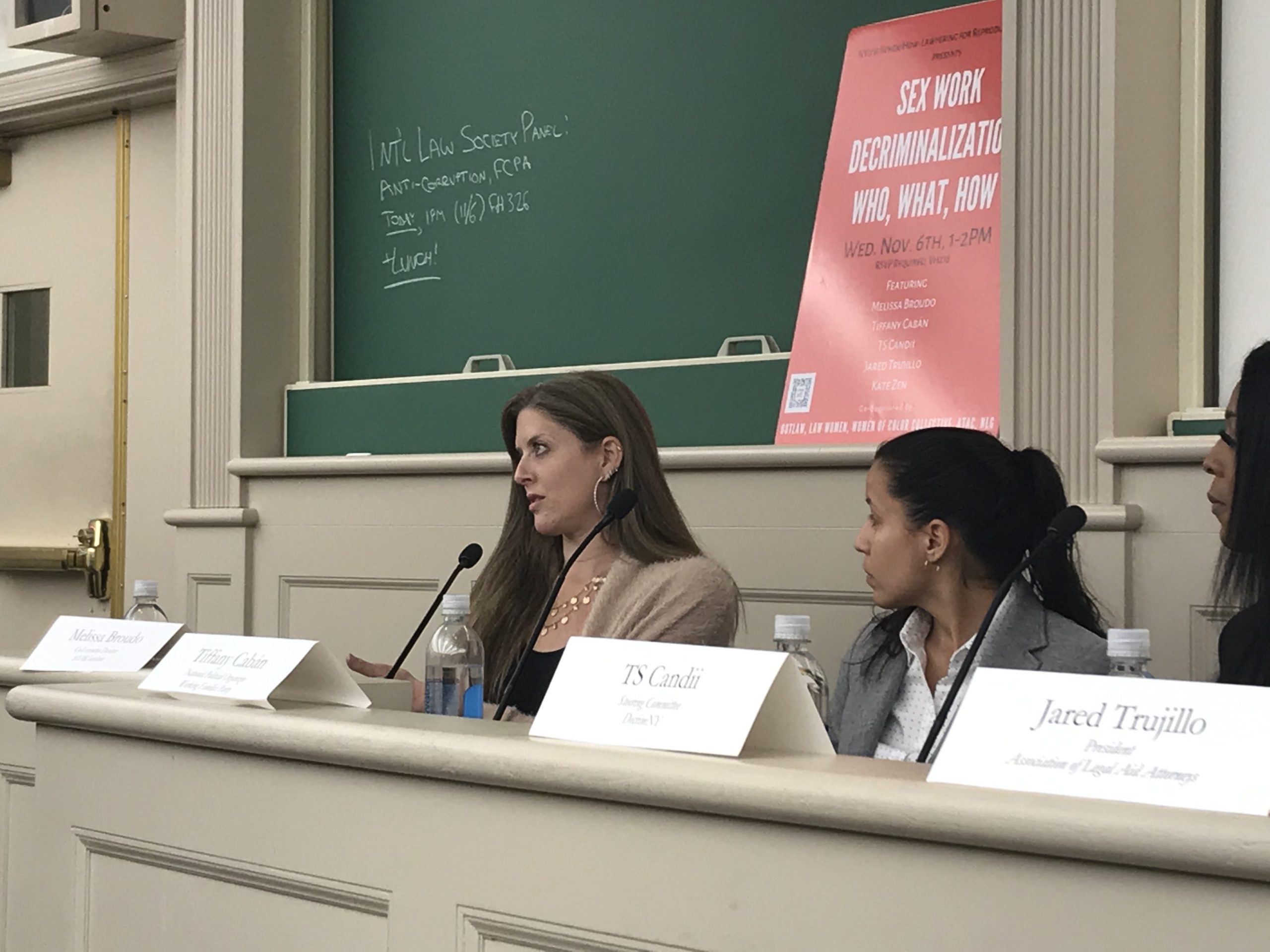
 No Vote Planned for Decrim Bill...
No Vote Planned for Decrim Bill...
 DSW Presents at the American Public...
DSW Presents at the American Public...
 DSW and Allies Gear Up for...
DSW and Allies Gear Up for...
 Mexico City Lawmakers Propose Plans To...
Mexico City Lawmakers Propose Plans To...
 DSW Joins NYC Activists To Educate...
DSW Joins NYC Activists To Educate...

